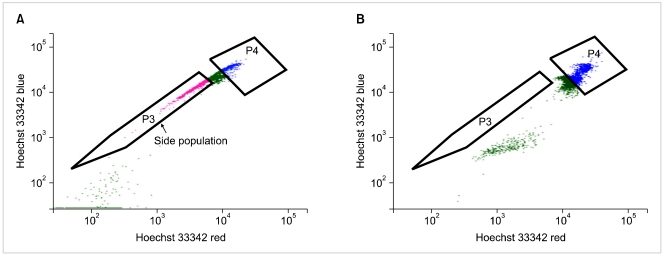Lymphoma stem cells: A step toward a new therapeutic target.
The Korean Journal of Hematology
Pub Date : 2011-12-01
Epub Date: 2011-12-27
DOI:10.5045/kjh.2011.46.4.211
引用次数: 7
Abstract
Since lymphoma is a chemosensitive neoplasm, a complete response can be achieved by systemic chemotherapy, even in the metastatic setting. Even so, relapse occurs in a substantial number of patients with an apparently complete clinical response. It is therefore possible that a subset of lymphoma cells that remain viable during treatment causes the relapse. The cancer stem cell hypothesis postulates the presence of this specific cell population in cancers. It suggests that cancers are derived from cancer stem cells, which are a particular subset of cancer cells with stem-like properties, including self-renewal [1]. Since the existence of cancer stem cells was demonstrated in acute myeloid leukemia [2], various surface markers have been identified to isolate cancer stem cells from such solid cancers as breast, brain, and colon. Although a recent publication suggested the probability of lymphoma stem cells in non-Hodgkin lymphoma [3], it did not offer sufficient data to support the presence of cancer stem cells as an origin of lymphoma. However, given the potential role of cancer stem cells in the pathogenesis of cancers, the possibility of lymphoma stem cells deserves attention, for it could improve our understanding of lymphoma biology and lead to the development of a new therapeutic target for lymphomas.

淋巴瘤干细胞:迈向新的治疗靶点的一步。
本文章由计算机程序翻译,如有差异,请以英文原文为准。
求助全文
约1分钟内获得全文
求助全文

 求助内容:
求助内容: 应助结果提醒方式:
应助结果提醒方式:


